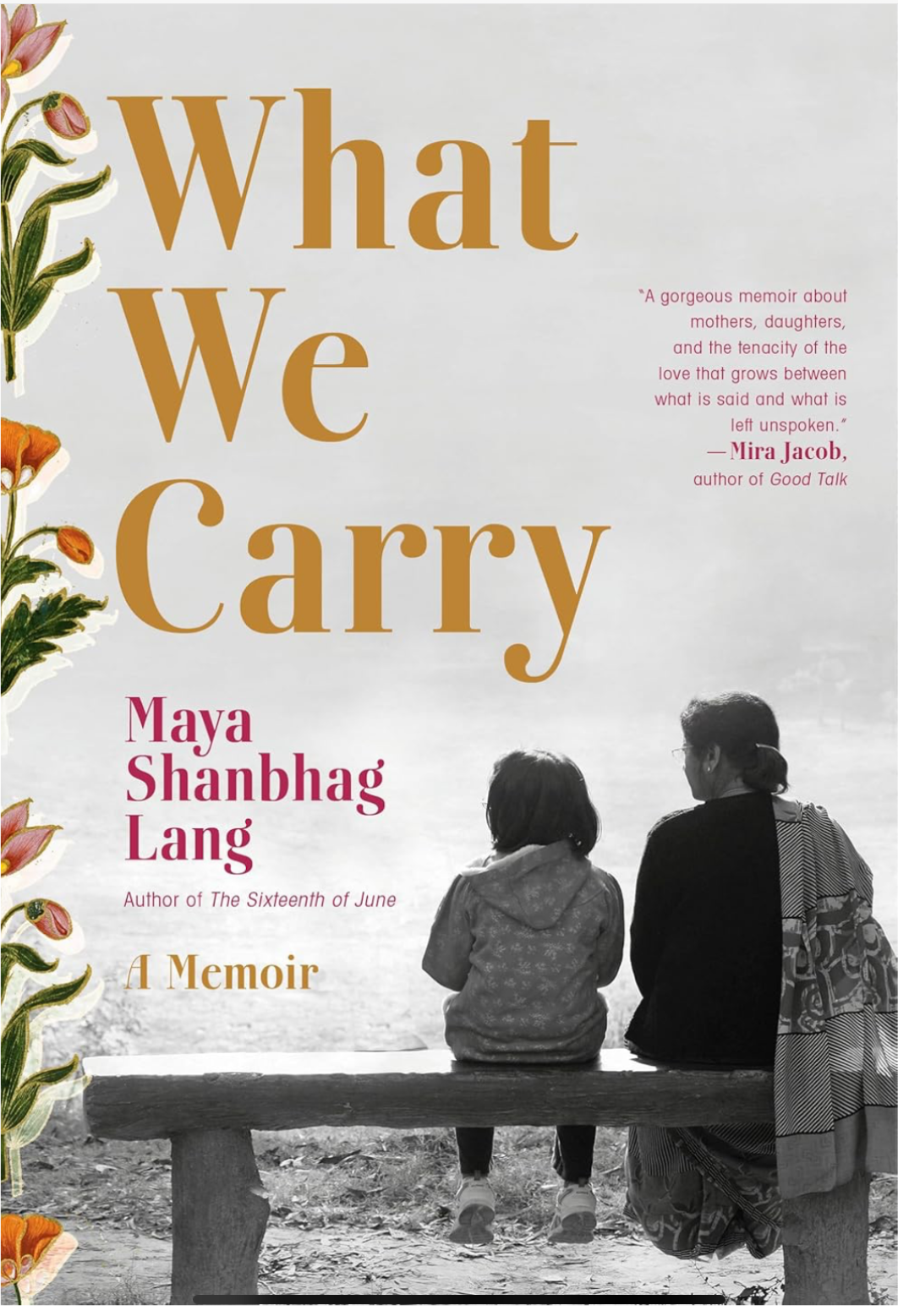The October sun seeps through the wooden shades of a meticulously decorated nursery that quietly awaits. The built-in bookshelves are intentionally stocked with some of the best preschool classics. Neatly stacked below are all the must-haves including the cotton candy soft stuffed animals strategically placed giving off “new baby” vibes in a room fit for the perfect bundle of joy. Almost instantaneously, a shift in priority will occur once that new bundle has finally arrived.
It is often said that there’s no handbook when it comes to raising and parenting children. The average expectant parent is seemingly glad to take on the role of caretaker after a prolonged period of anticipating their new baby’s arrival. Many would agree that behind every good parent is an active support system or a supportive village. The village usually comprises a mixed bag of friends and family either eagerly waiting, adding layers to the excitement or conjuring up the optimal preempted exit plan of future babysitting duties. Whether all in or all out, the one thing that’s for sure is time is closing in and lives will be forever changed.
In the memoir What We Carry by Maya Shanbhag Lang, Maya shares the difficult times she encountered after giving birth to her daughter Zoe and having gone through a period of postpartum depression. Maya also had no idea that she would soon become a caretaker of her aging mother who was diagnosed with an incurable illness. Maya is determined to get over the lifelong hurdle of self-doubt by confronting the dark voices in her head. Maya is eager to set the best example for her daughter, who inspires her to follow her dreams of becoming a writer.
After relocating to Seattle with her husband Noah, Maya has to adjust to her new environment and get acquainted with the idea that she can no longer see her mother regularly as did before. Maya has always drawn strength from her mother who was her biggest advocate and the one person she could rely on when nothing seemed to be going as planned. Maya truly valued their relationship which makes it even harder to accept the fact that her mother is now ill and no longer what she used to be.
After the birth of her daughter, Maya finds herself beyond a spot of bother after having slipped into a deep depression. To hold things together, Maya decides to see a psychiatrist to address her suicidal ideation and hire a nanny to assist with the caring of her newborn. Maya reached out to her mother, a retired mental health professional.
“I need you”, She pleaded.
Her mother’s reply was curt, “Maya, you’re strong enough to handle this on your own.”
Maya hung up, feeling abandoned and more vulnerable than ever.
Although Maya’s relationship with her mother seems healthy overall, Maya, while looking into her daughter’s eyes, is reassured by the desire to raise her on a different path from her own.
Whether a parent realizes it or not, there are a series of choices being made daily around the child’s needs vs. the parent’s needs. A familiar inner dialogue creeps in unexpectedly when at a crossroads – responsibility or immediate personal desire? Whichever road you took, a decision was made that changed the path and direction for that day and the days to follow.
Maya was raised in a middle–class household with parents who immigrated to the U.S from South Asia. As Maya describes her upbringing, she speaks of the mistreatment she received from her father growing up as her self–esteem plummeted from years of verbal abuse. Maya would often bank on her mother’s promises of one day leaving her father. Unfortunately Maya would continue to endure her father’s behavior when her mom opted to look at the “big picture” and remained in her marriage. Maya’s mother rarely complained outwardly when going through rough patches in her marriage and knew that under the circumstances there were limited options. She remained silent as culture continued to dictate her actions accepting her duty as a wife and parent to keep her family together no matter what.
As Maya’s mother’s health begins to deteriorate, Maya gets a first–hand account of her new reality when her mother agrees to live with her and husband Noah after having relocated back to New York. During their time spent in close quarters, Maya starts to put the pieces together in search of answers as she questions her mother’s decisions regarding their family affairs. Eventually, Maya would learn that the decisions that were made by her mother must not have been easy. Along the way, Maya uncovers new information and realizes that her mother may have led her to believe half–truths that supported her seemingly heroic deeds.
Was Maya truly prepared for what would come after volunteering to be her mother’s caretaker?
Considering her mother’s past life and the person she is today as a result of her illness, can Maya accept this drastic change in character?
Can Maya find new ways to adapt to the day-to-day nuances that come with caring for a parent with an incurable illness?

